
OR
#TheirView
GST’s council meet and a tax less taxing
Published On: June 26, 2024 08:15 AM NPT By: Republica | @RepublicaNepal
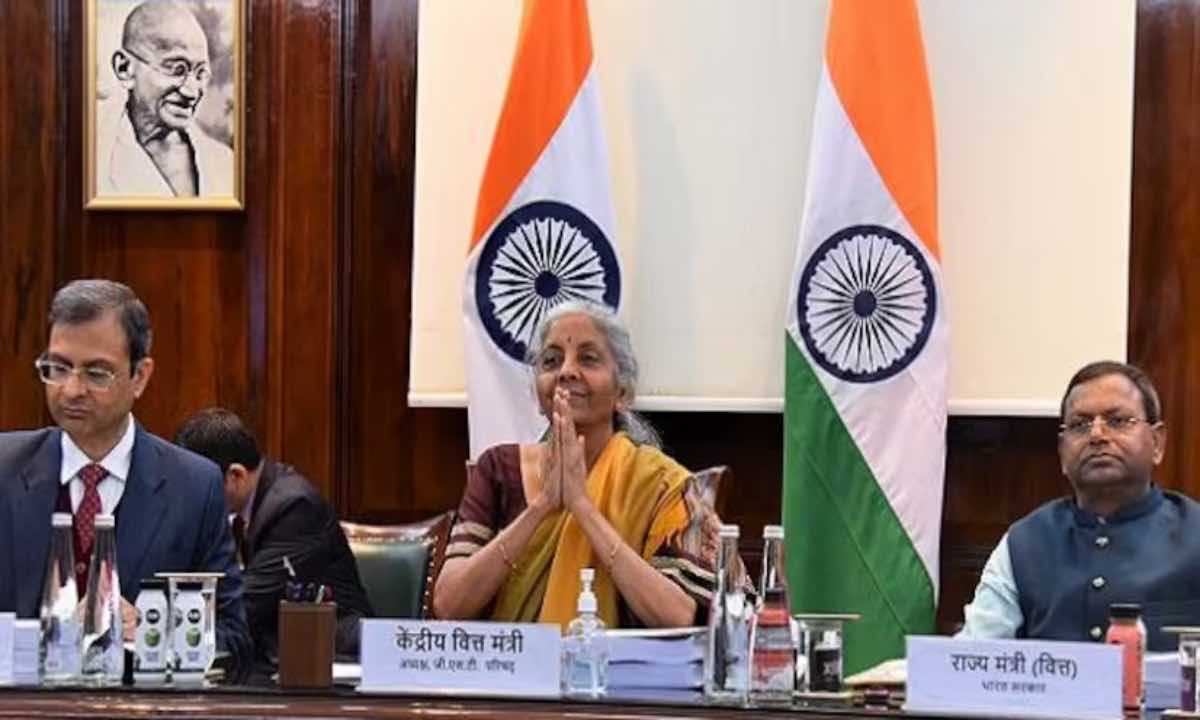
The council's moves to ease compliance burden, reduce litigation is welcome. It has much more work to do.
On Saturday, the GST council, which met for the first time since the formation of the new Union government, tweaked tax rates on some items, and took a series of steps to bring down litigation and ease compliance for taxpayers. The Council has recommended waiving the interest and penalties on demand notices under Section 73 for three financial years if tax is fully paid by March 2025, bringing down the amounts of pre-deposit required to file an appeal, and introducing monetary limits for the tax department to file appeals. While these are steps in the right direction, other equally pressing issues warrant urgent attention.
One is the issue of rate rationalisation. In September 2021, the GST Council set up a Group of Ministers (GoM) to examine the matter. The committee had submitted an interim report in June 2022. As per reports, this issue is likely to be discussed when the Council meets next, with a “presentation on the work done so far and the unfinished agenda”. However, this involves maintaining a delicate balance. One proposal has been to merge two tax slabs. But, the Council would also need to keep in mind the issue of revenue neutrality. A study by the RBI had earlier shown that while the Chief Economic Advisor’s report had pegged the revenue neutral rate at 15.3 per cent, the weighted average GST rate stood at 14.4 per cent in May 2017, and subsequently dropped to 11.6 per cent by September 2019. The Council also needs to deliberate on the issue of getting items which are currently not under the GST framework, such as petroleum products, into its ambit. This will be challenging as both the Centre and the states get a sizeable portion of their revenues from petroleum taxes, and states levy their own taxes, exercising a degree of control.
Then there is the issue of the compensation cess. While originally the cess was levied for a five-year period ending on June 30, 2022, it was subsequently extended to March 31, 2026 to help repay the loans taken by the central government to compensate states for the loss in revenues during the pandemic. The Centre had borrowed Rs 1.1 lakh crore in 2020-21 and Rs 1.59 lakh crore in 2021-22. However, reportedly, there are expectations that these loans could be paid off in 2025-26 itself. The Council would thus need to decide whether or not the cess should be discontinued thereafter. Considering the criticality of these issues, they need to be deliberated extensively in the GST council. The Centre must ensure that in these deliberations the concerns of state governments, especially their revenue-related anxieties are addressed, and a consensus is evolved on the measures that need to be taken.
You May Like This

Indians could cross border to dump black money, RBI tells NRB
KATHMANDU, Jan 16: India has reportedly shown concern over the possibility of Indian nationals coming to Nepal to get their demonetized... Read More...
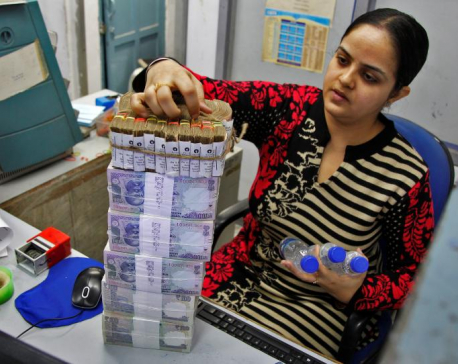
RBI tightens cash deposit rules just days before deadline
The Reserve Bank of India tightened cash deposit rules on Monday, just days before the demonetisation deadline, saying individuals can... Read More...
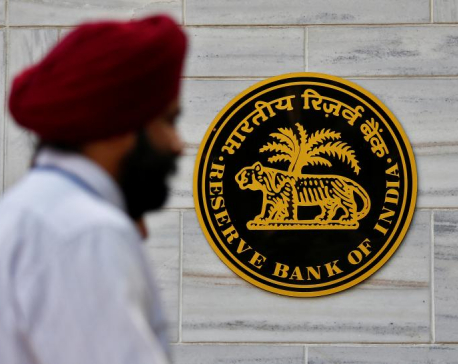
RBI intervenes as Indian rupee falls to near record low
The Reserve Bank of India was spotted intervening in the foreign exchange market after the rupee fell to as low... Read More...
_20240628135302.jpg)
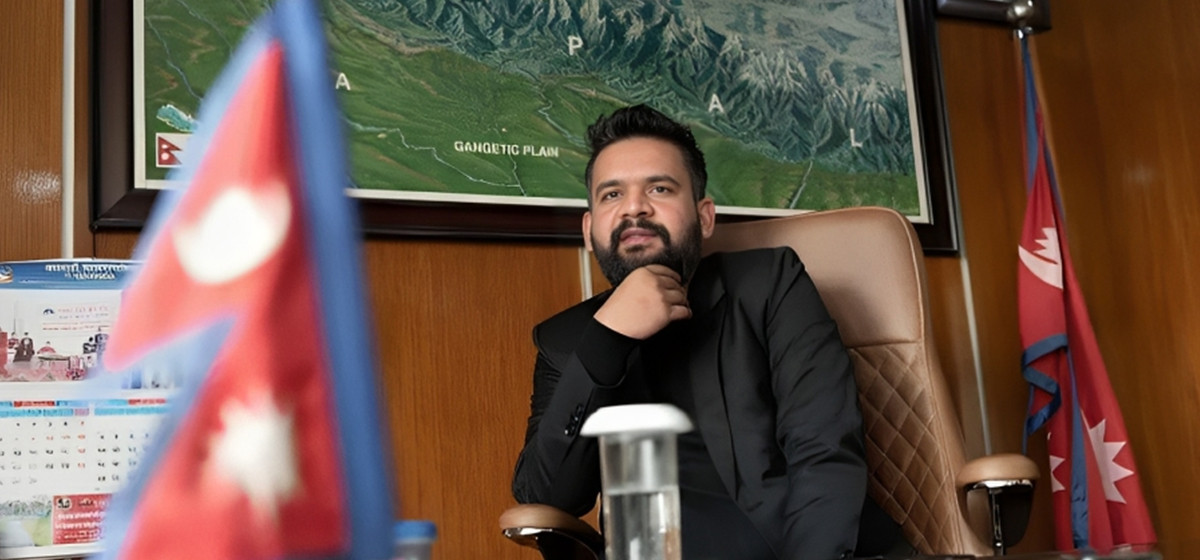





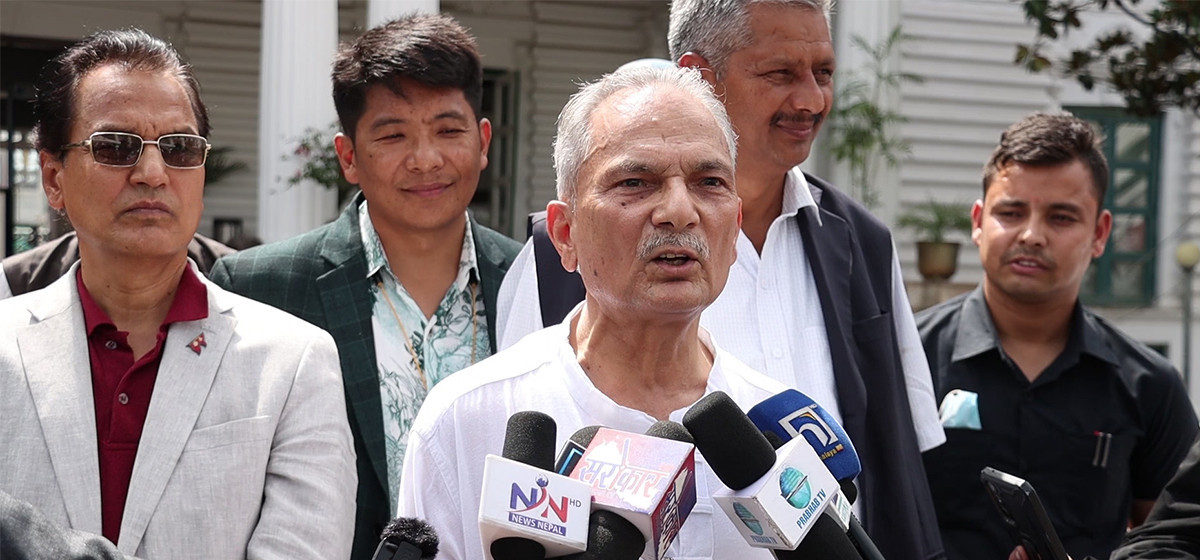
Just In
- Gandaki govt sets deadline for EV sellers to establish fast charging stations in provinces
- KMC invites applications for class 11 scholarships
- Auditor General questions Rs 121.5 million in grants distributed by Kathmandu Mayor Balen
- Madhesh CM Singh to seek vote of confidence on July 5
- Govt develops EV battery management action plan with third-party study
- Dr Bhattarai submits memorandum to PM Dahal, demanding formation of Budhigandaki Corridor Development Authority
- TBAN team off to Thailand to study Kathmandu-Bangkok road connectivity
- Conflict between KMC Mayor Balen and ward chairs escalates, stalling municipal assembly meeting





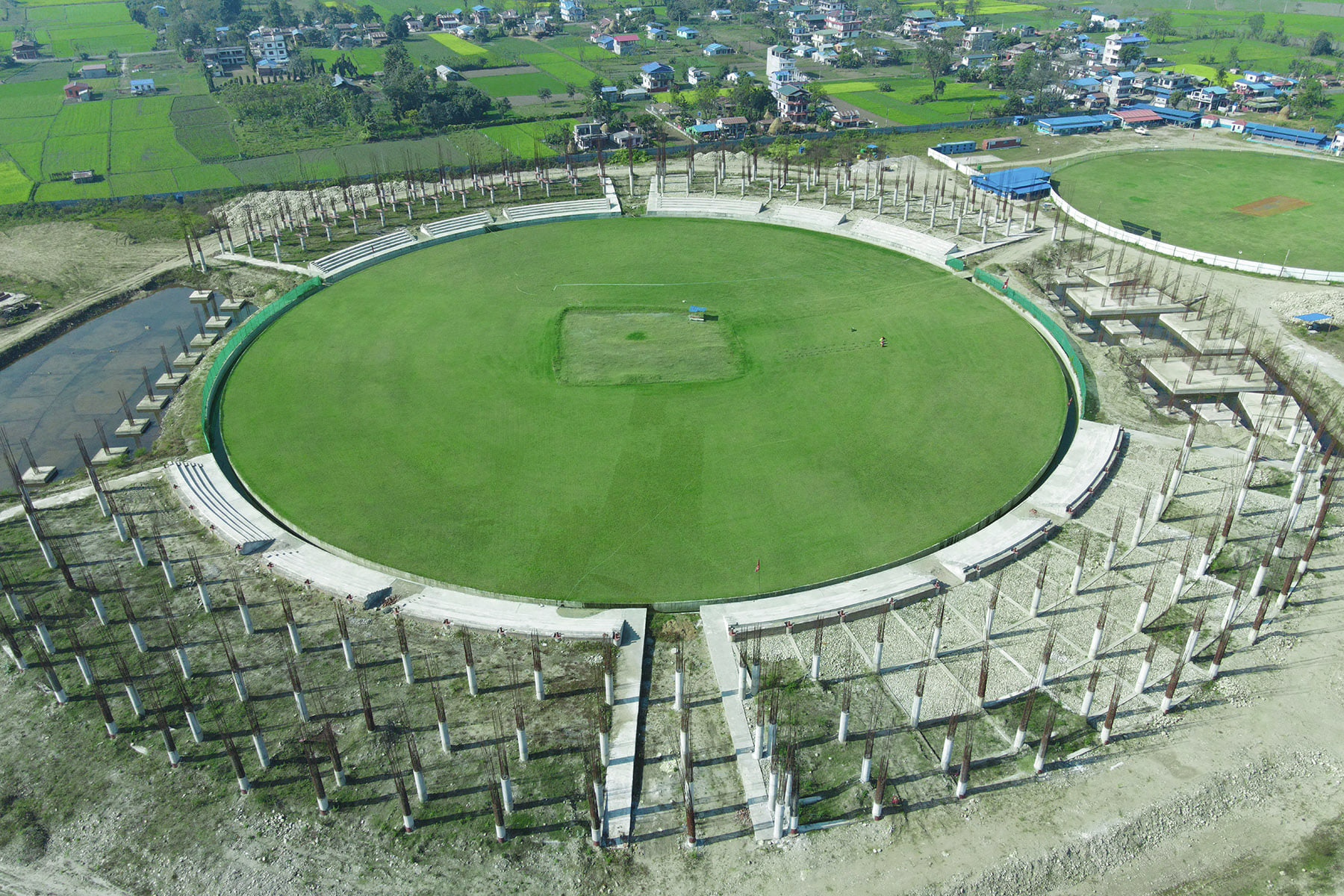
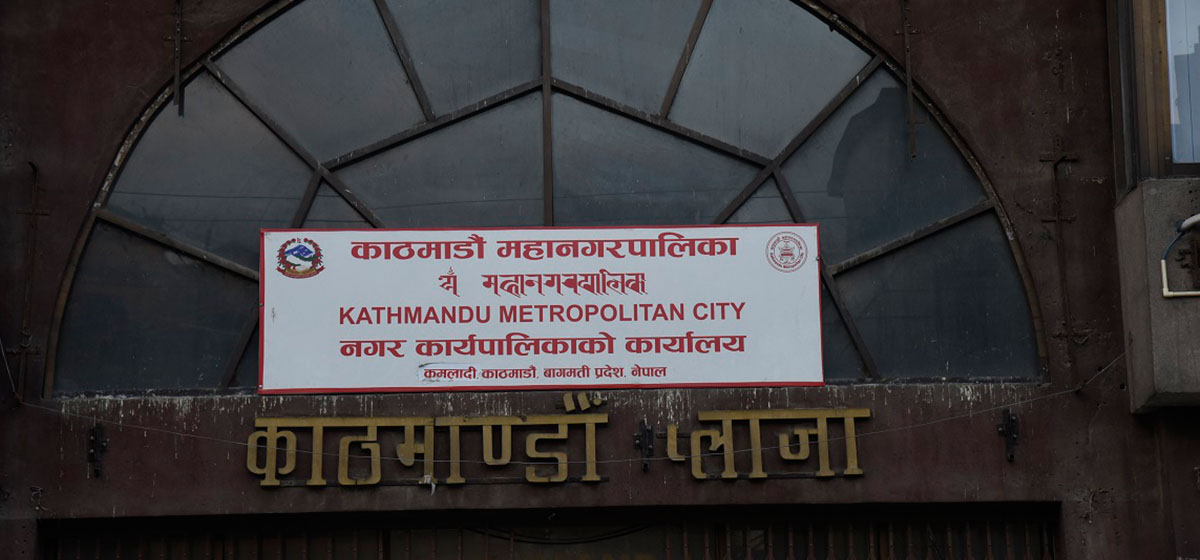
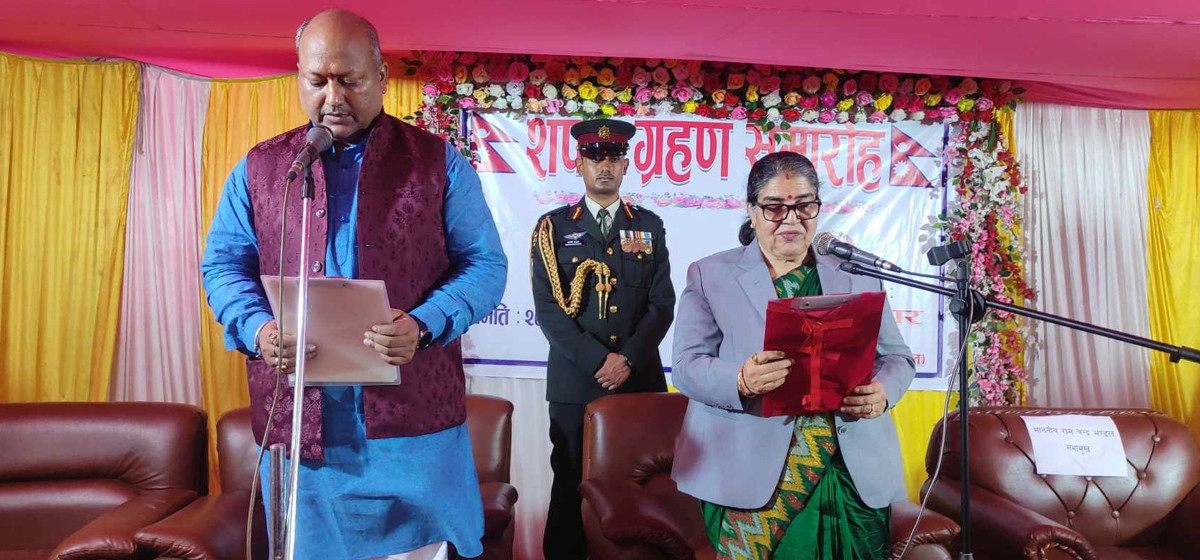


Leave A Comment